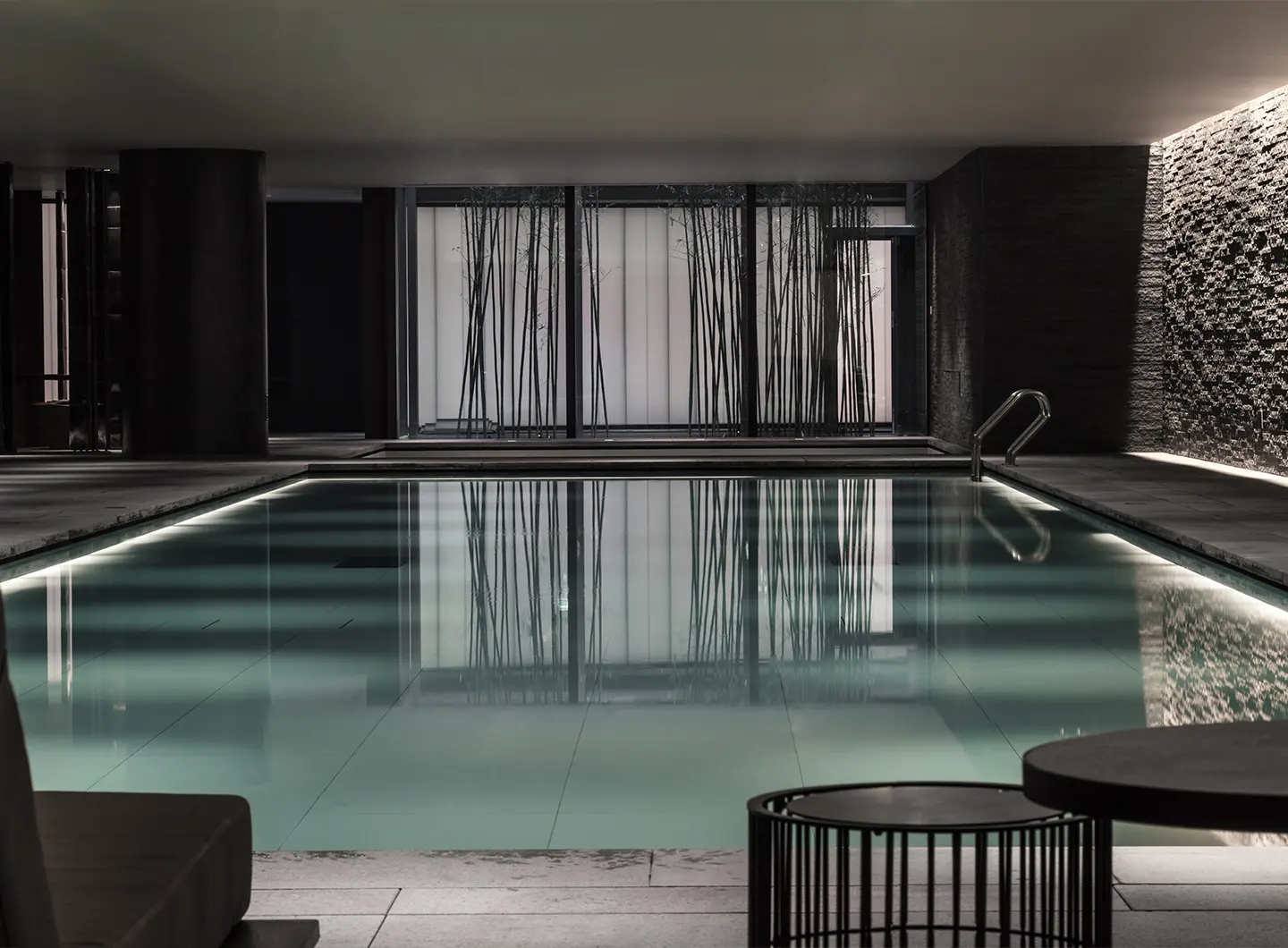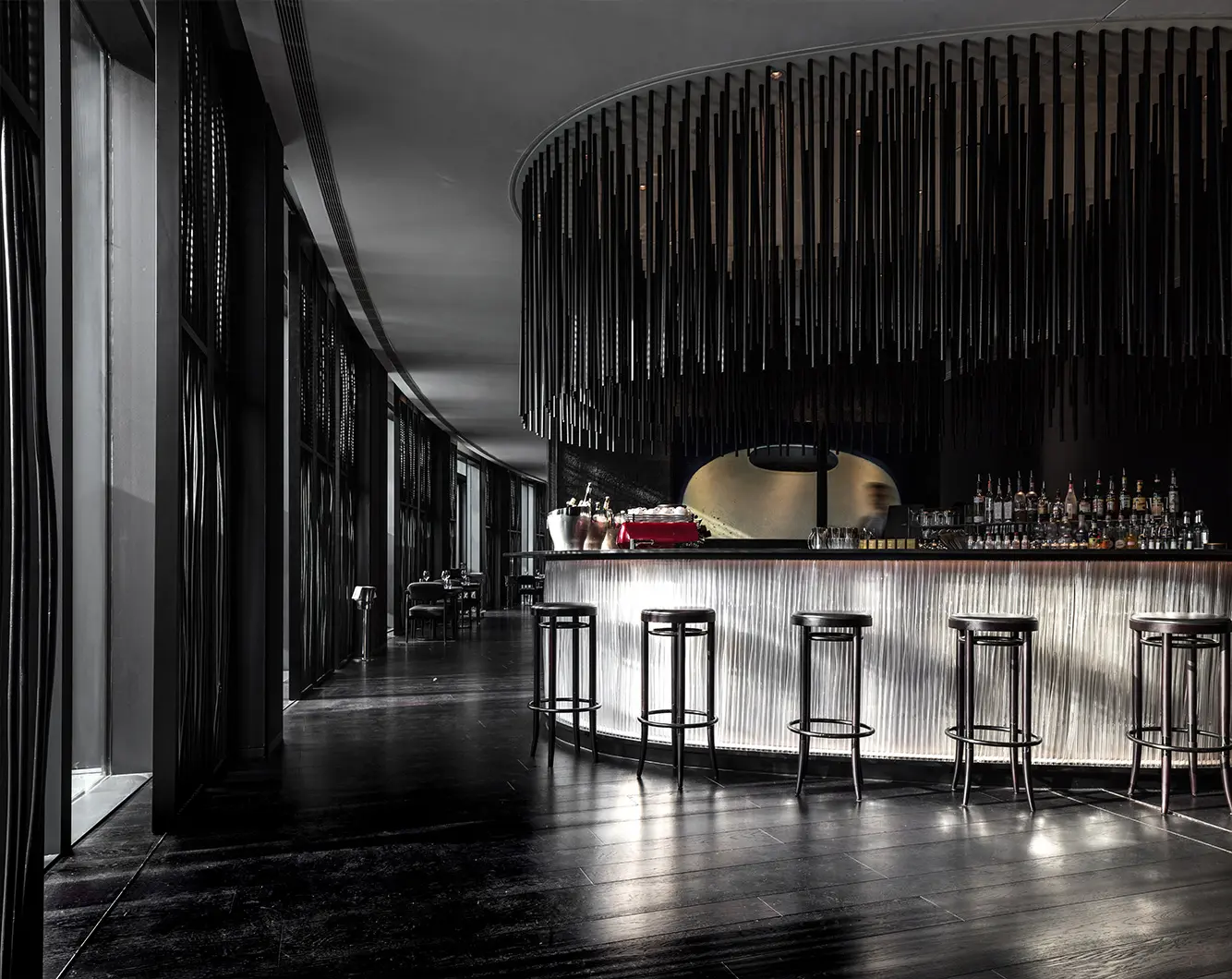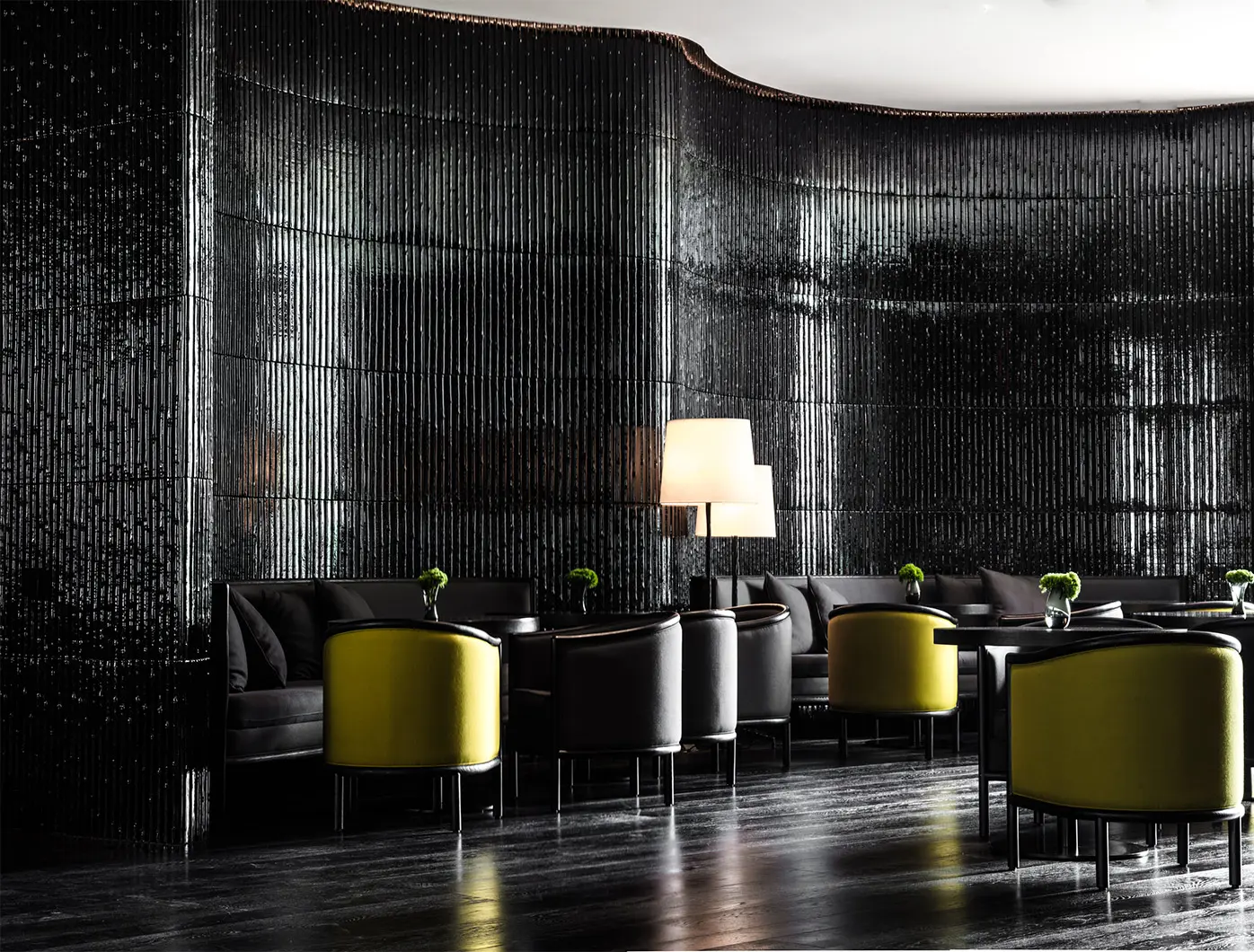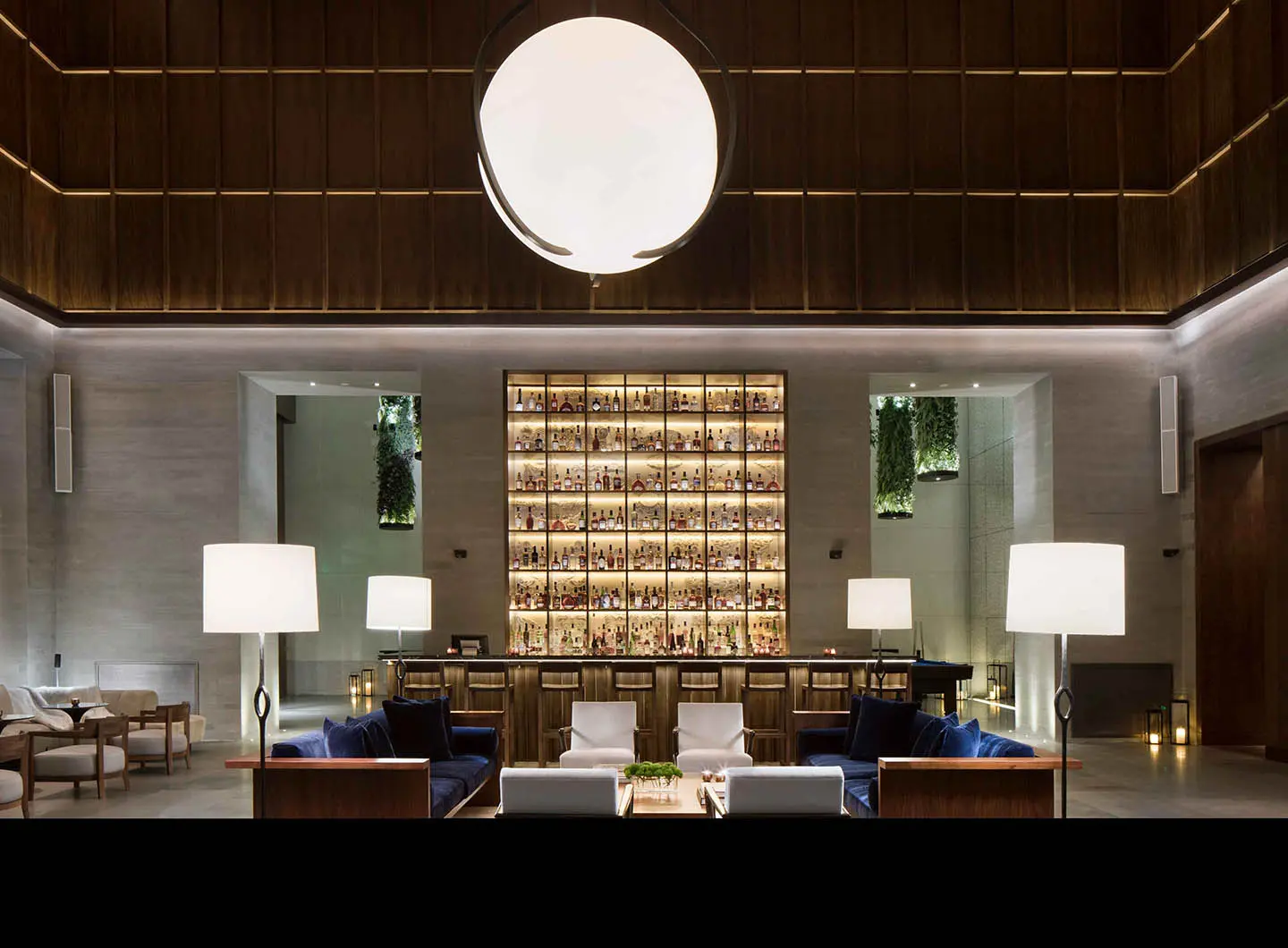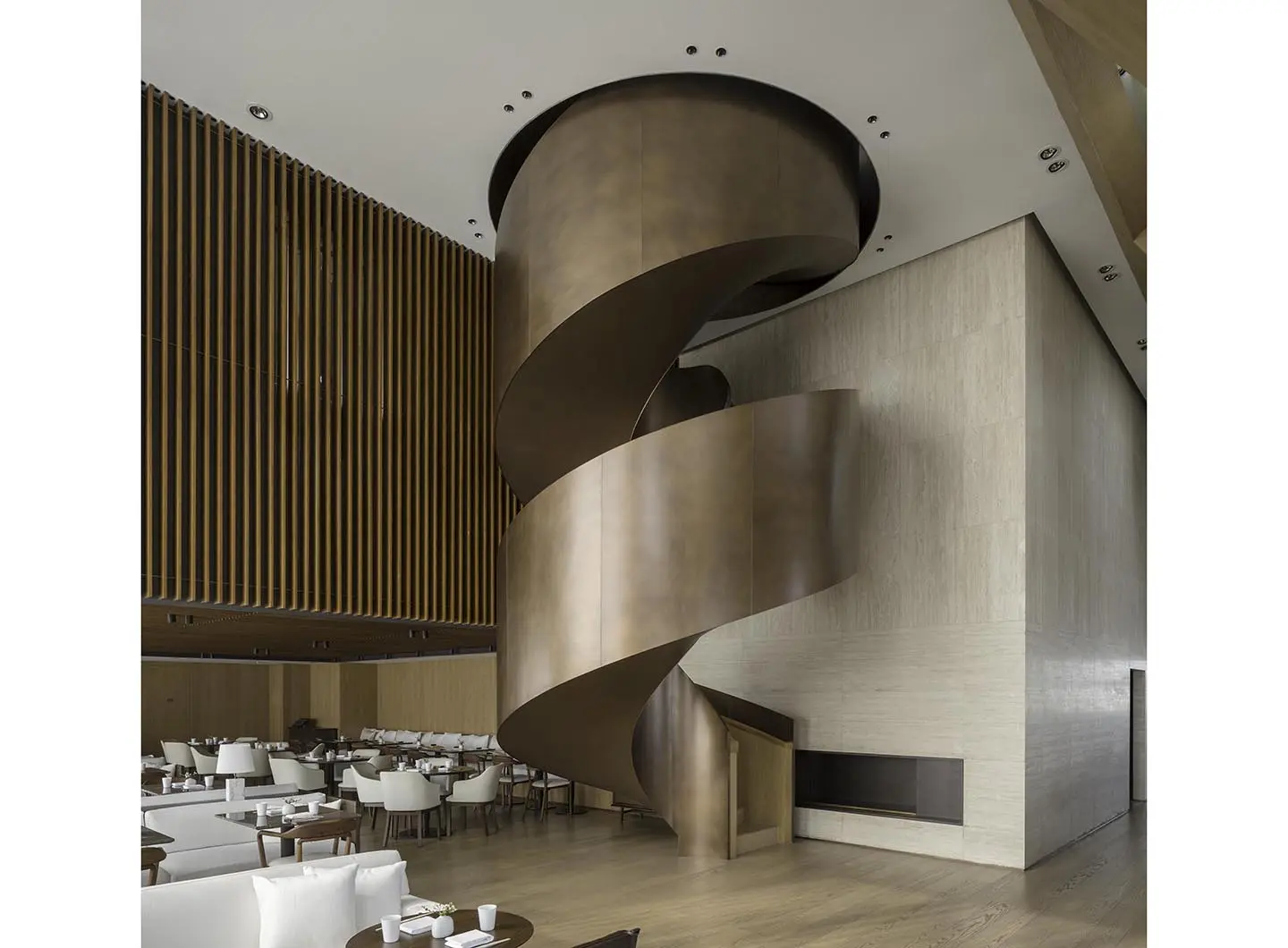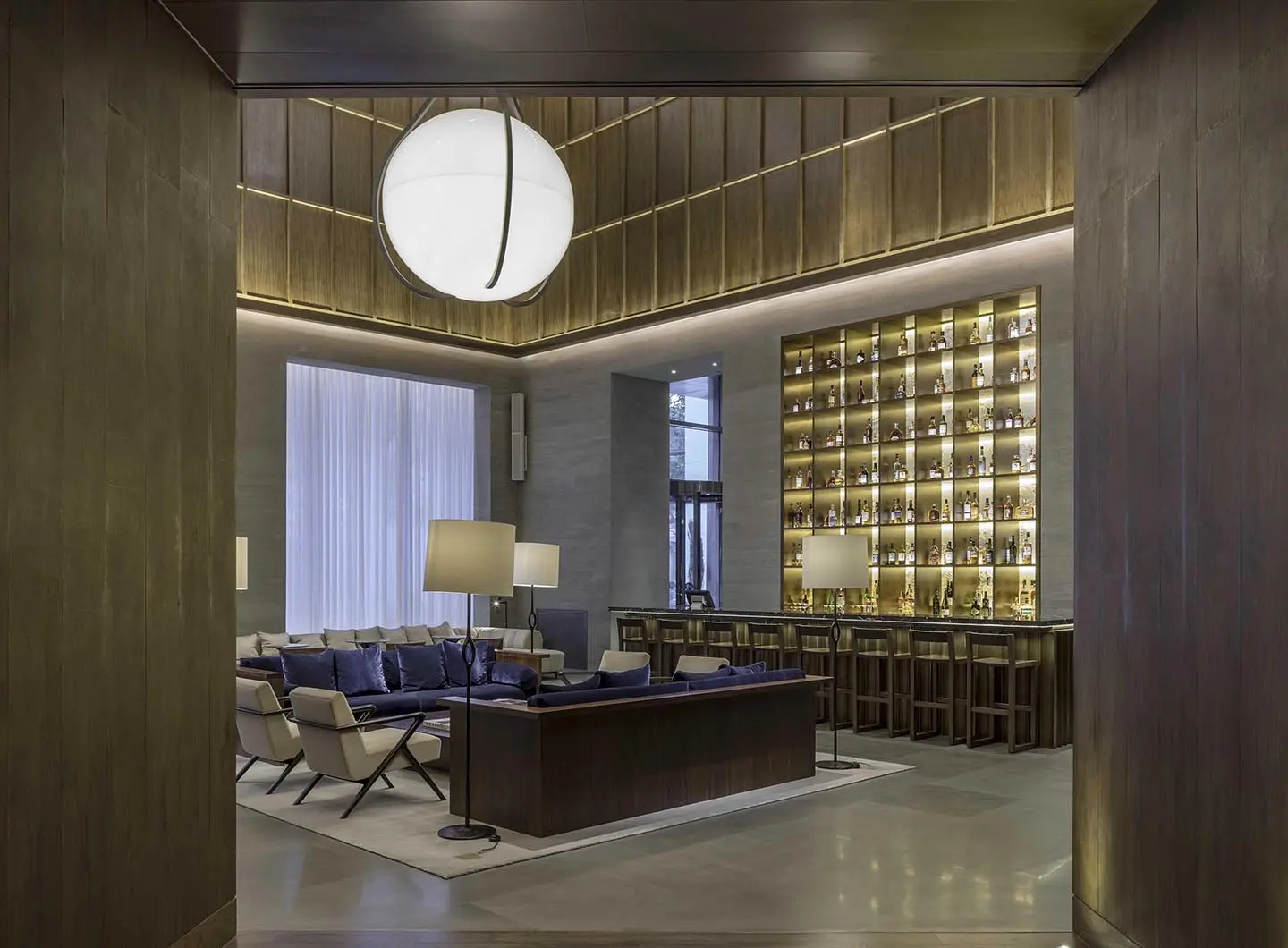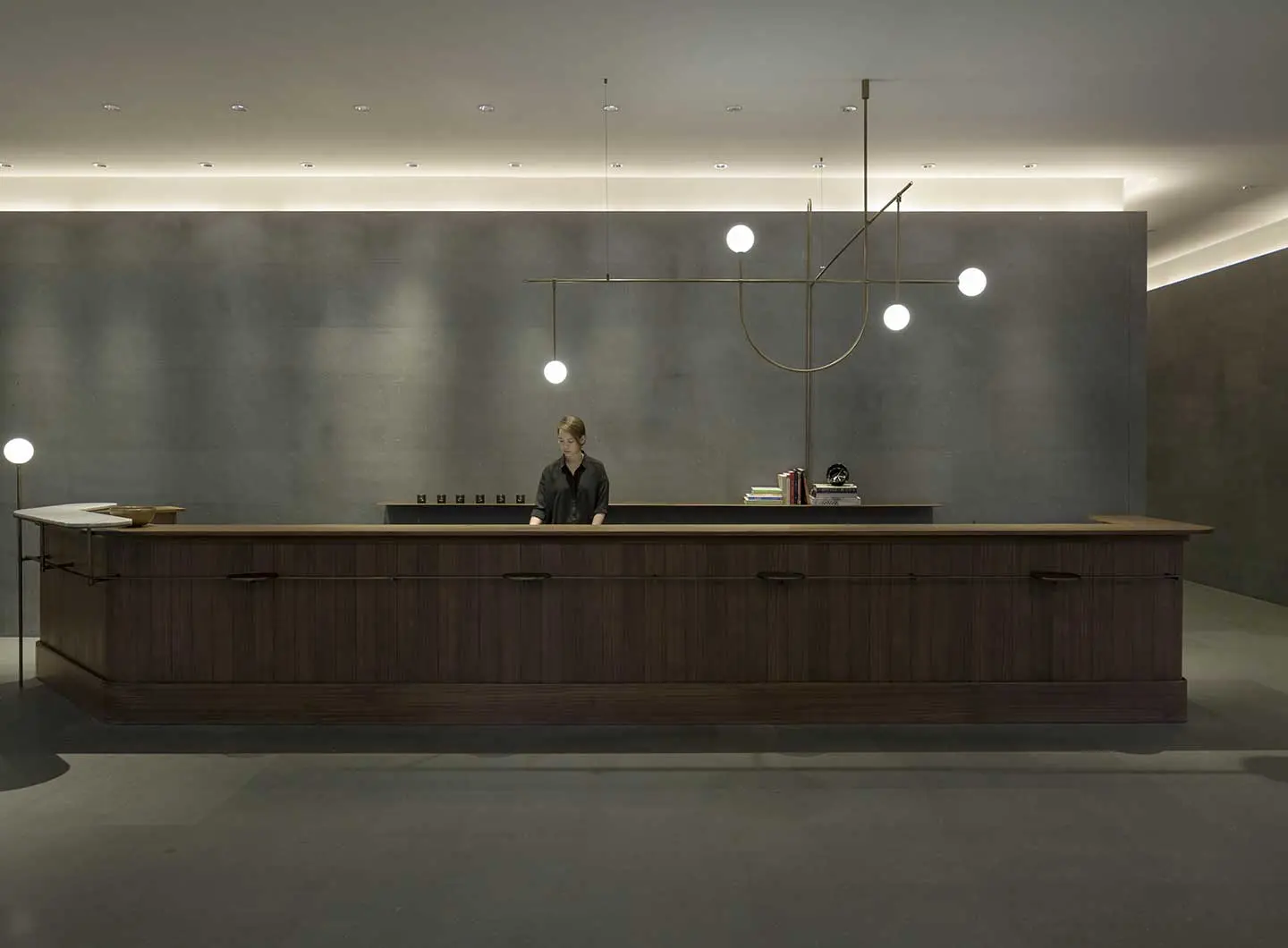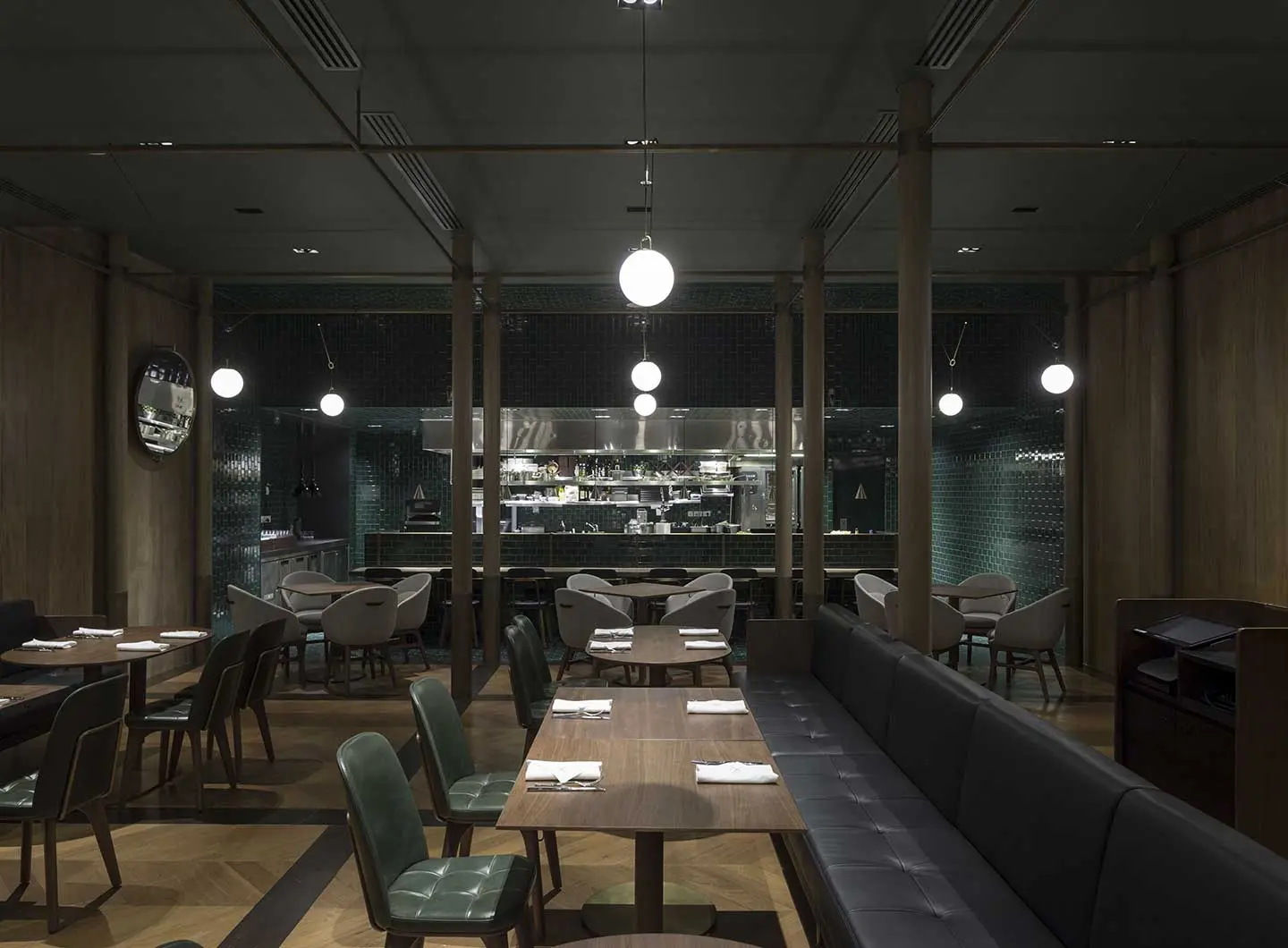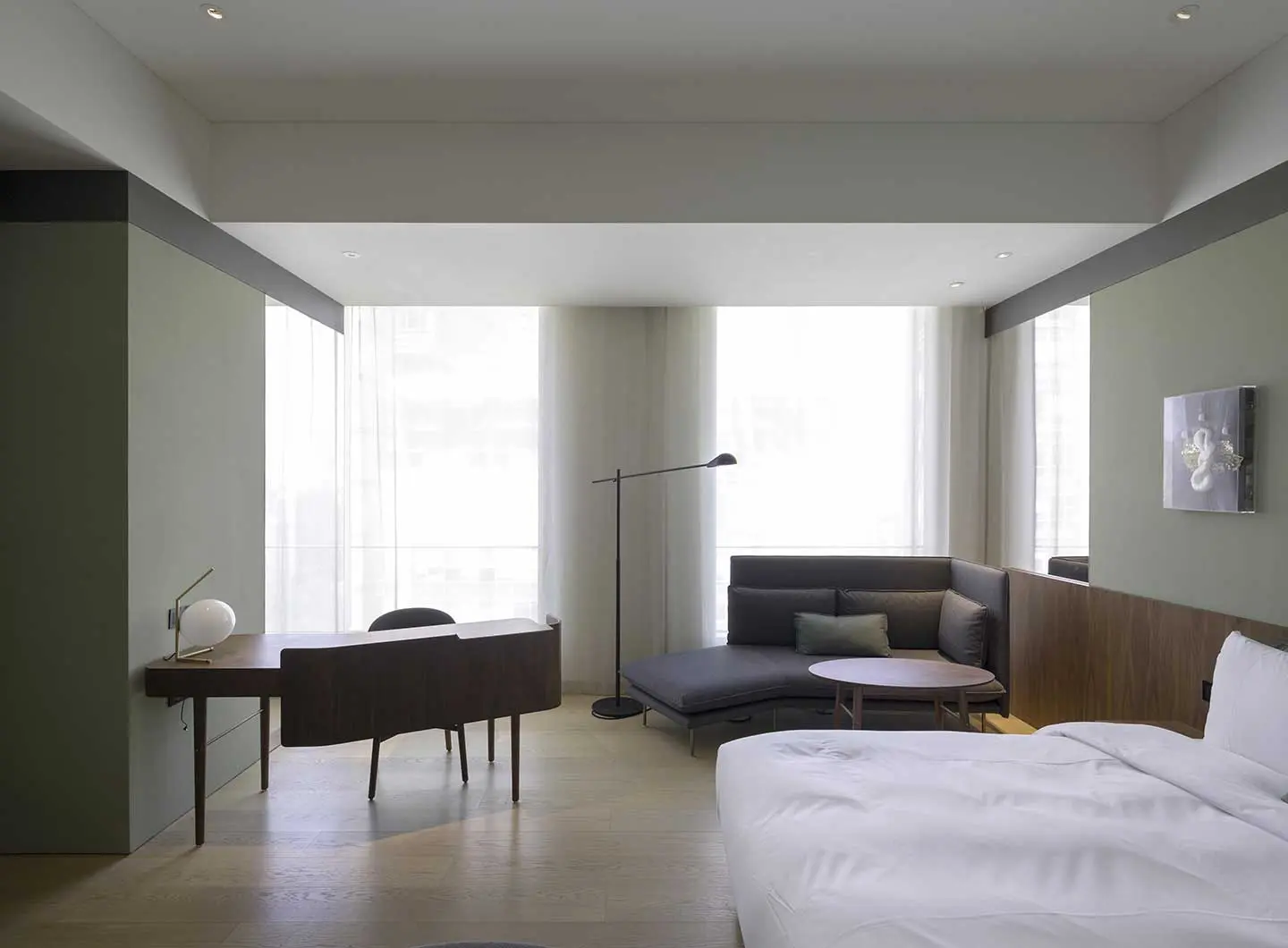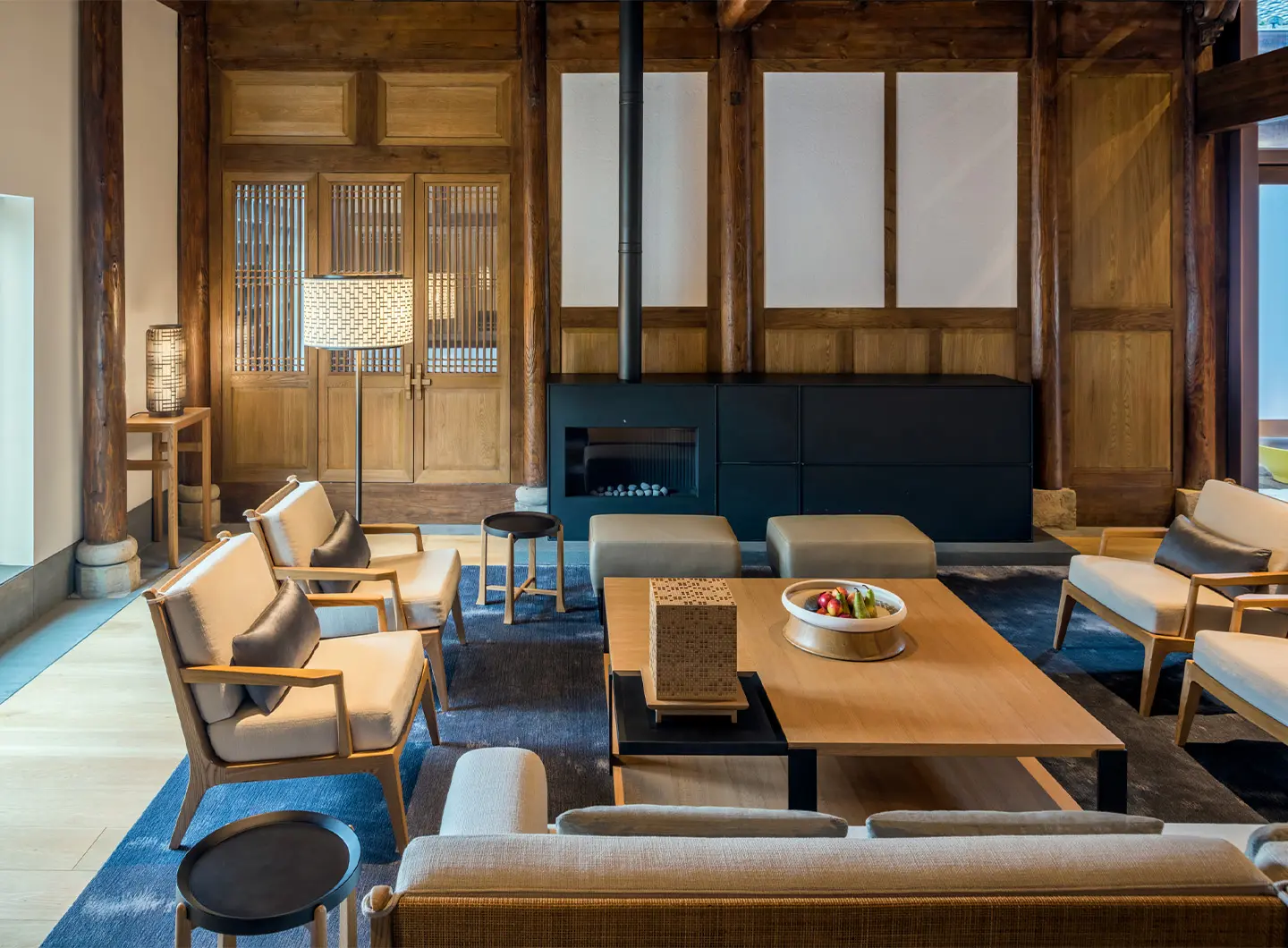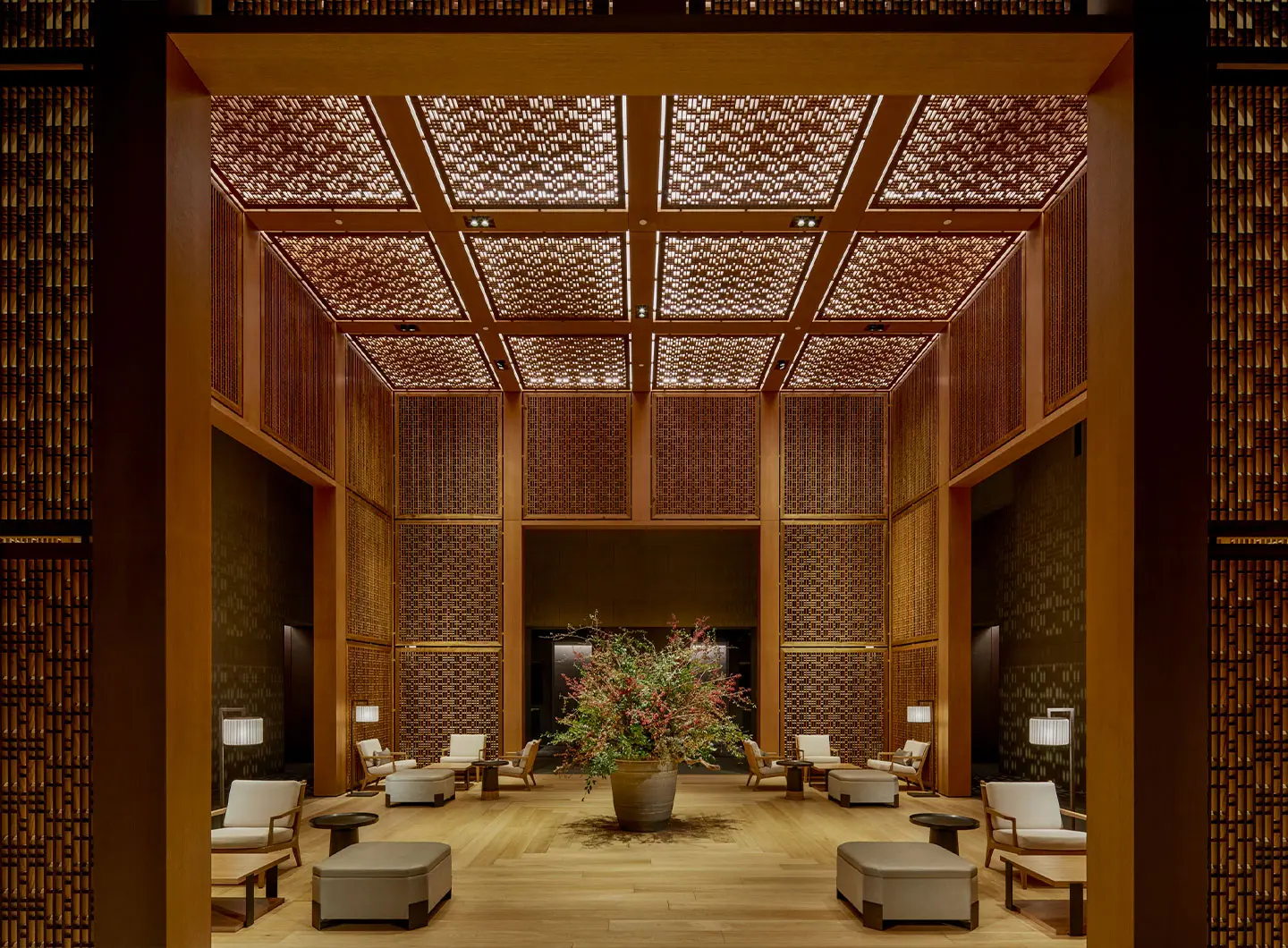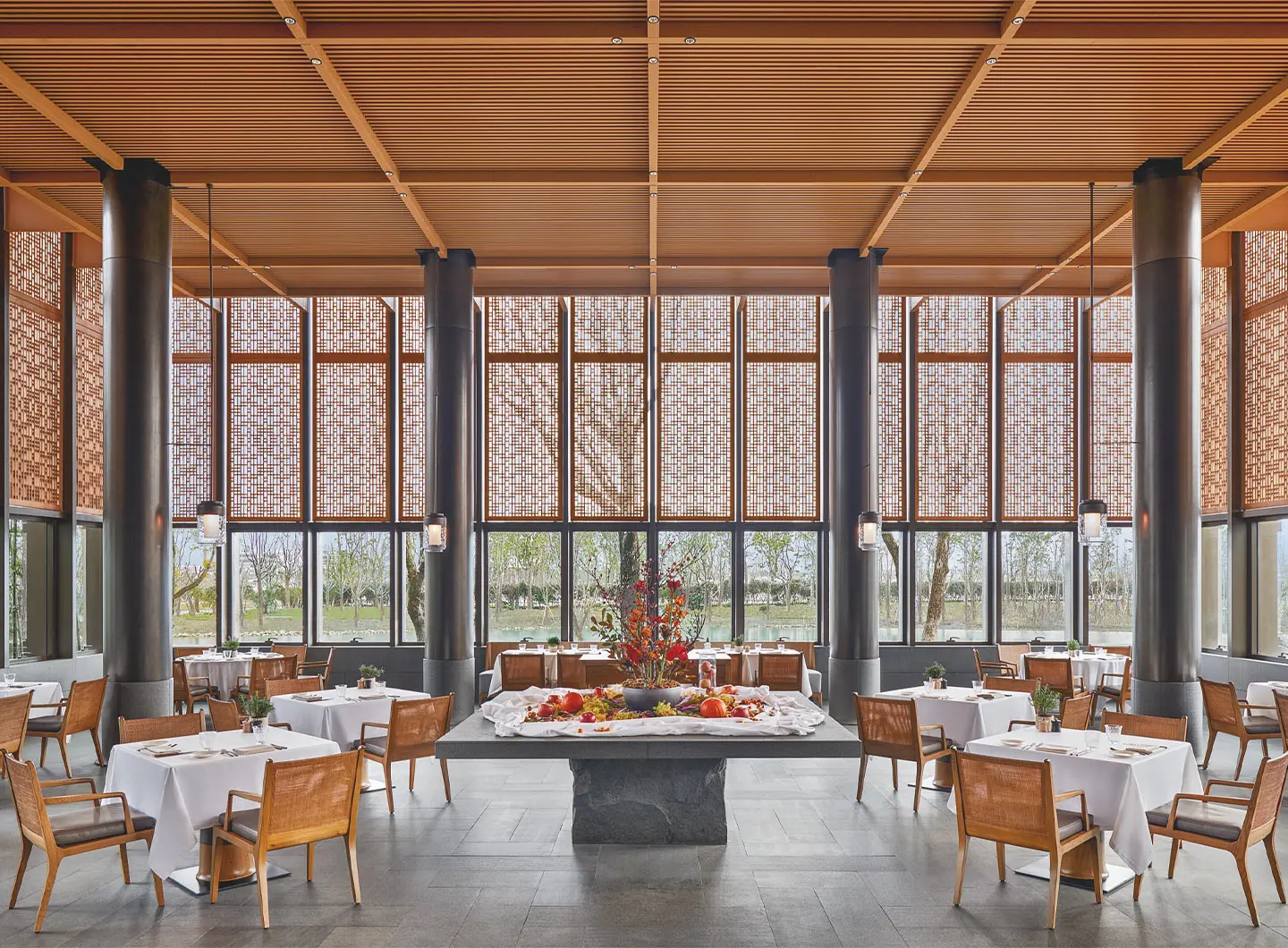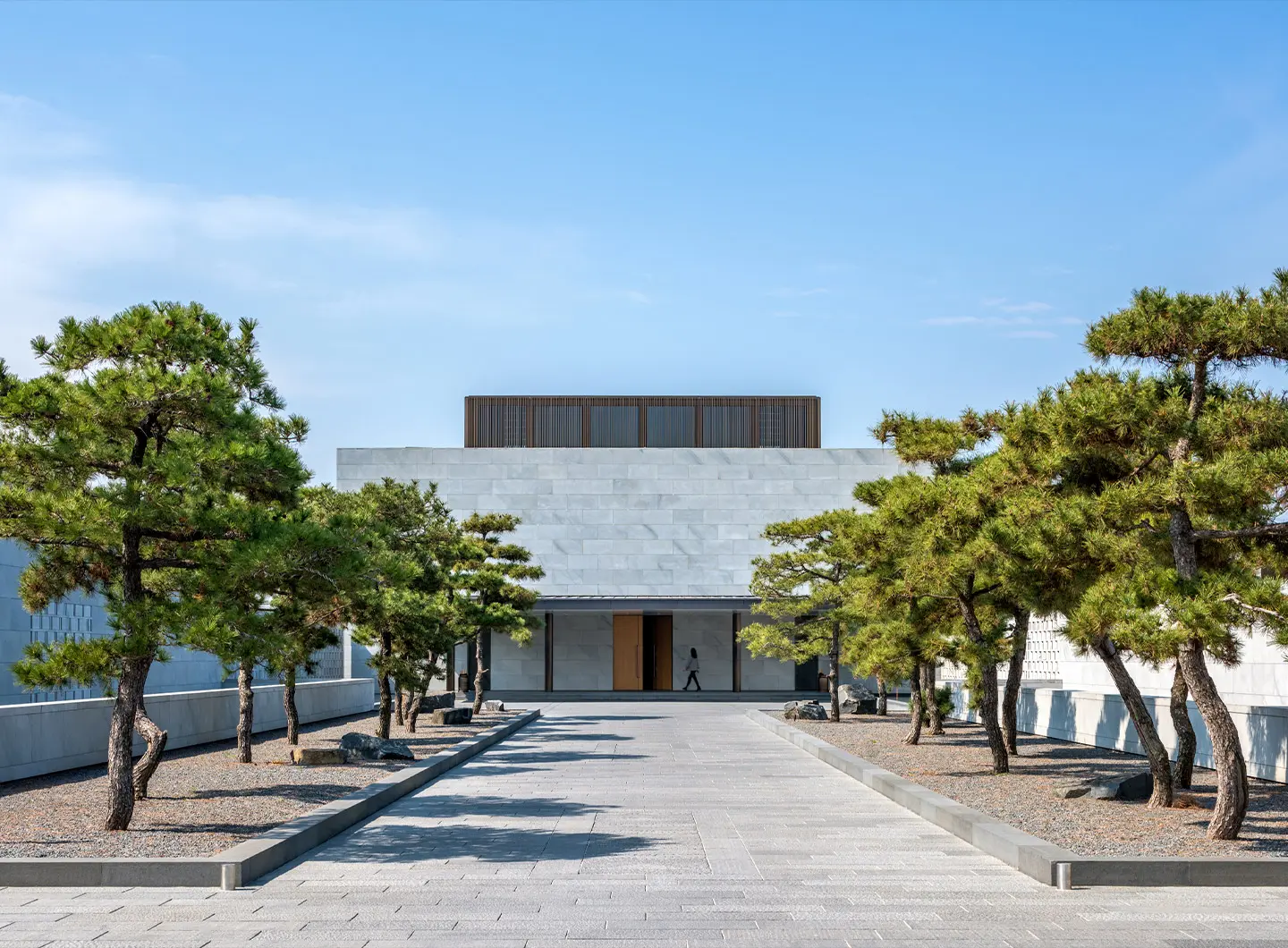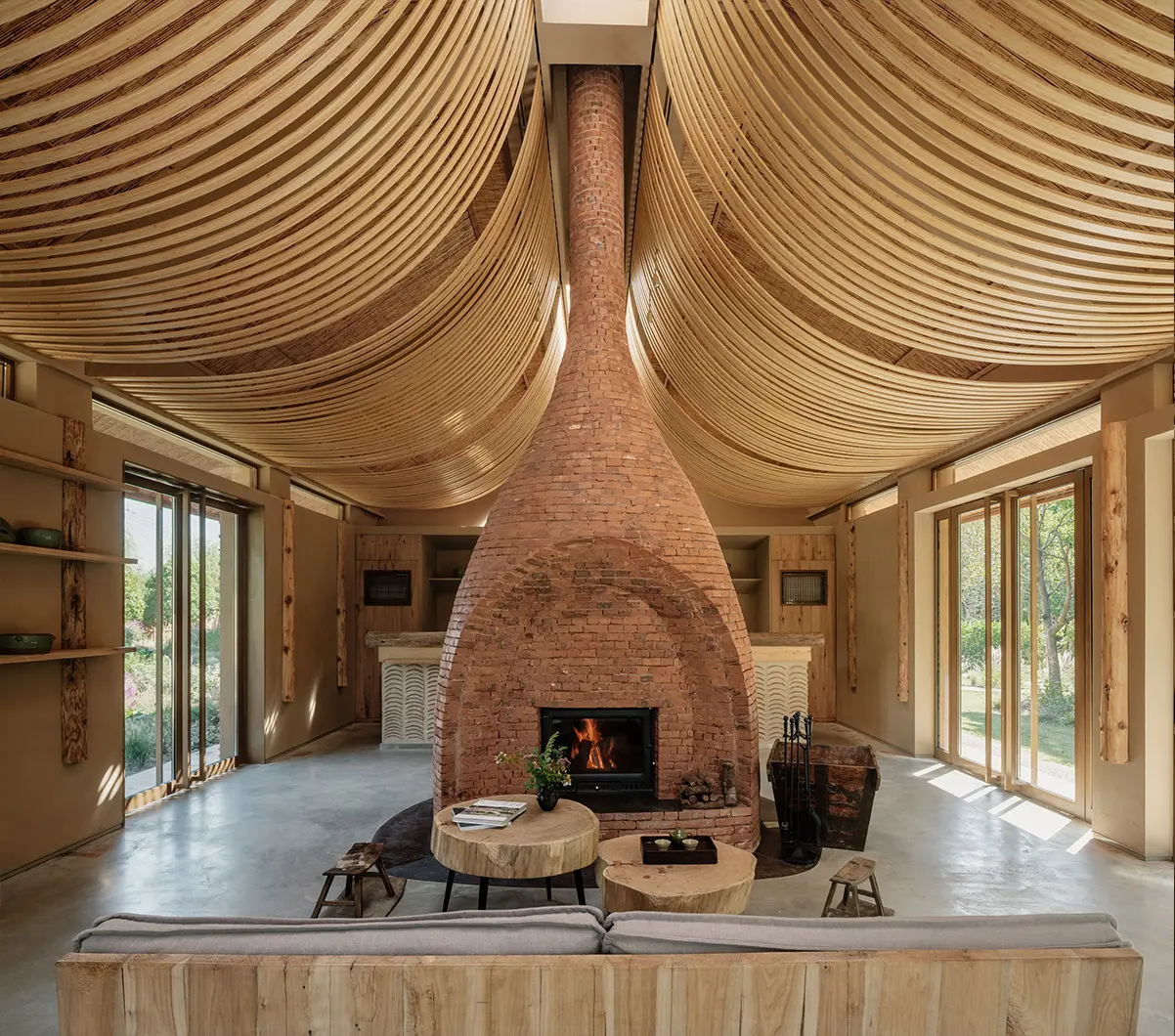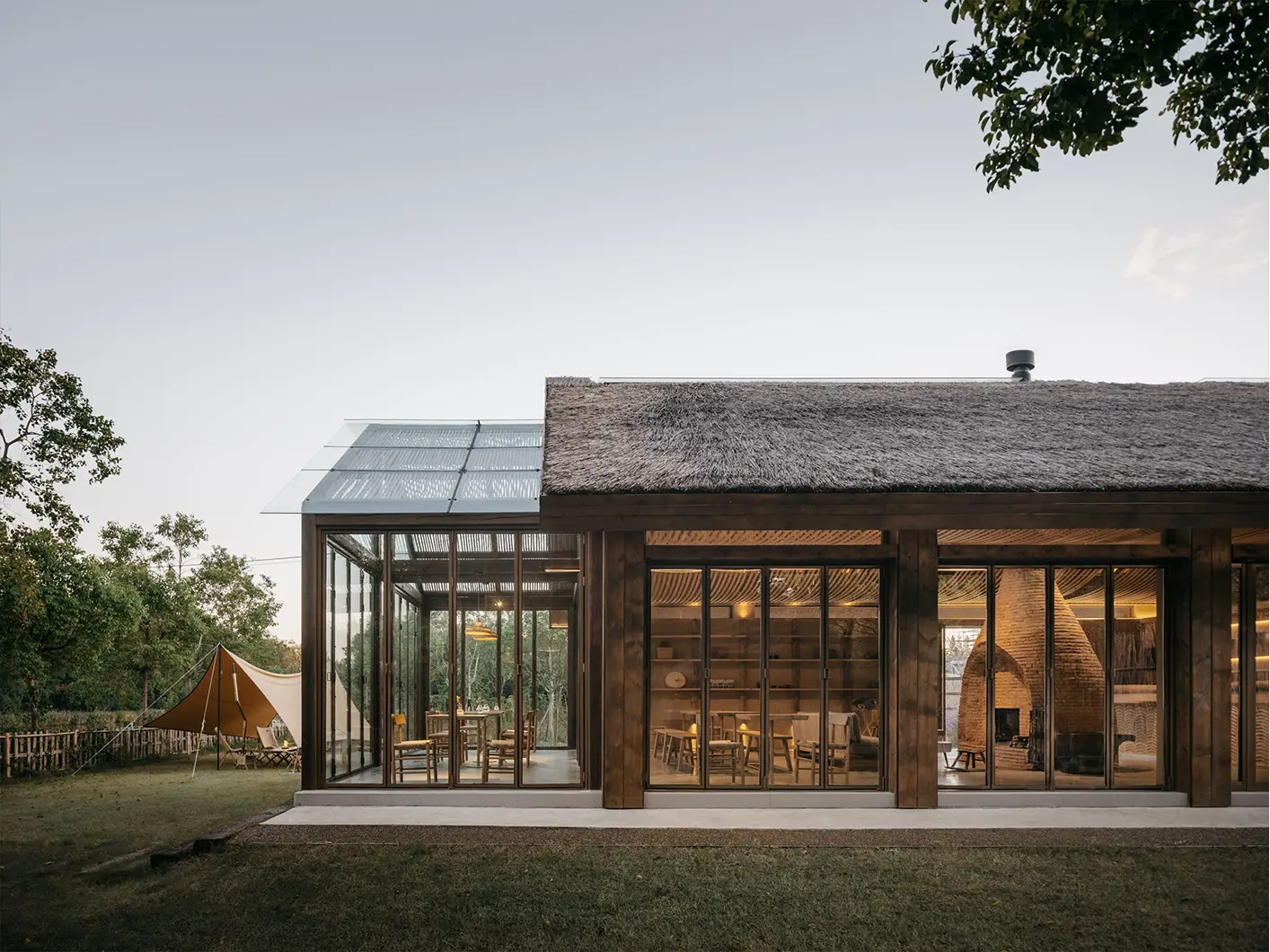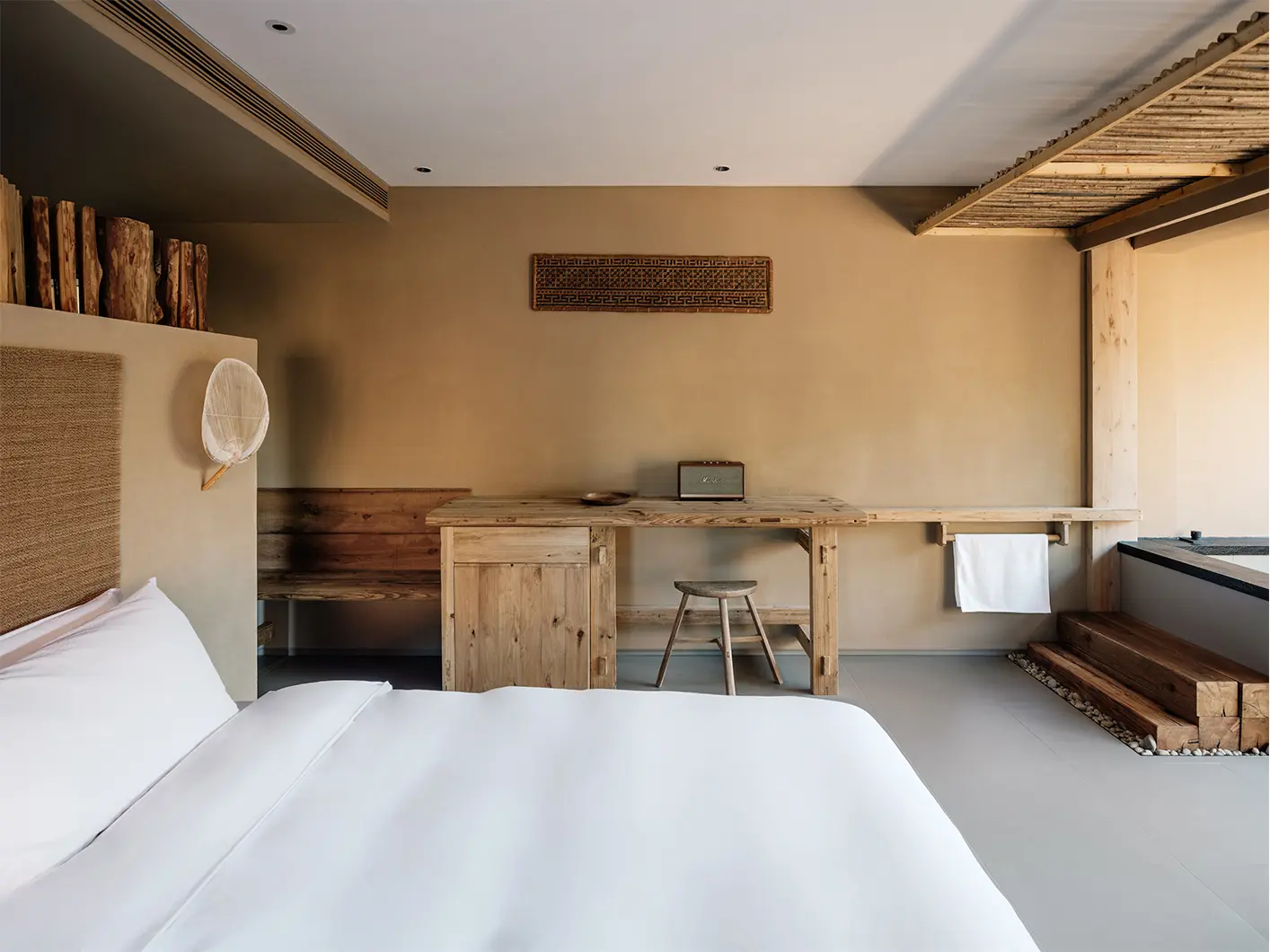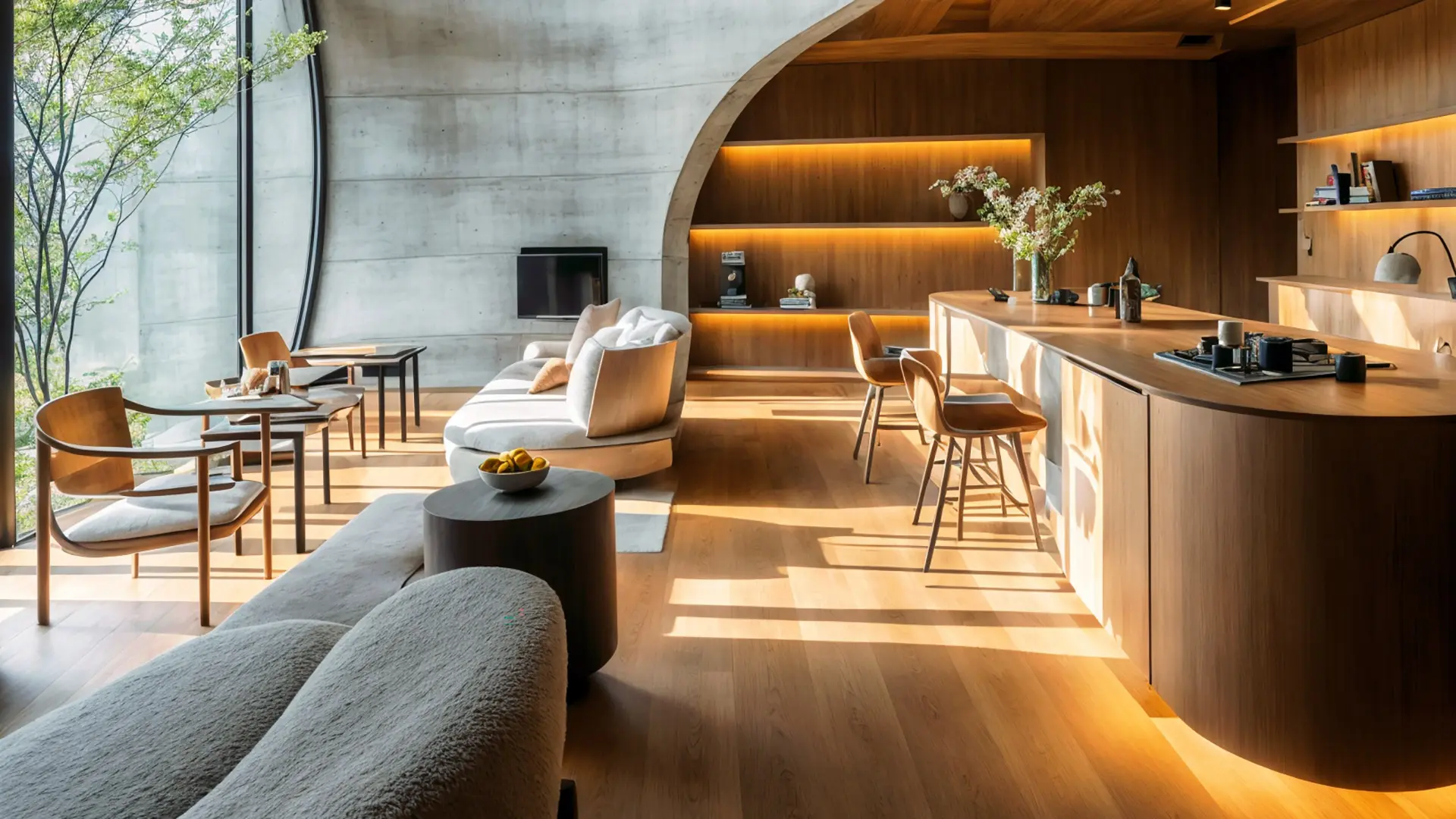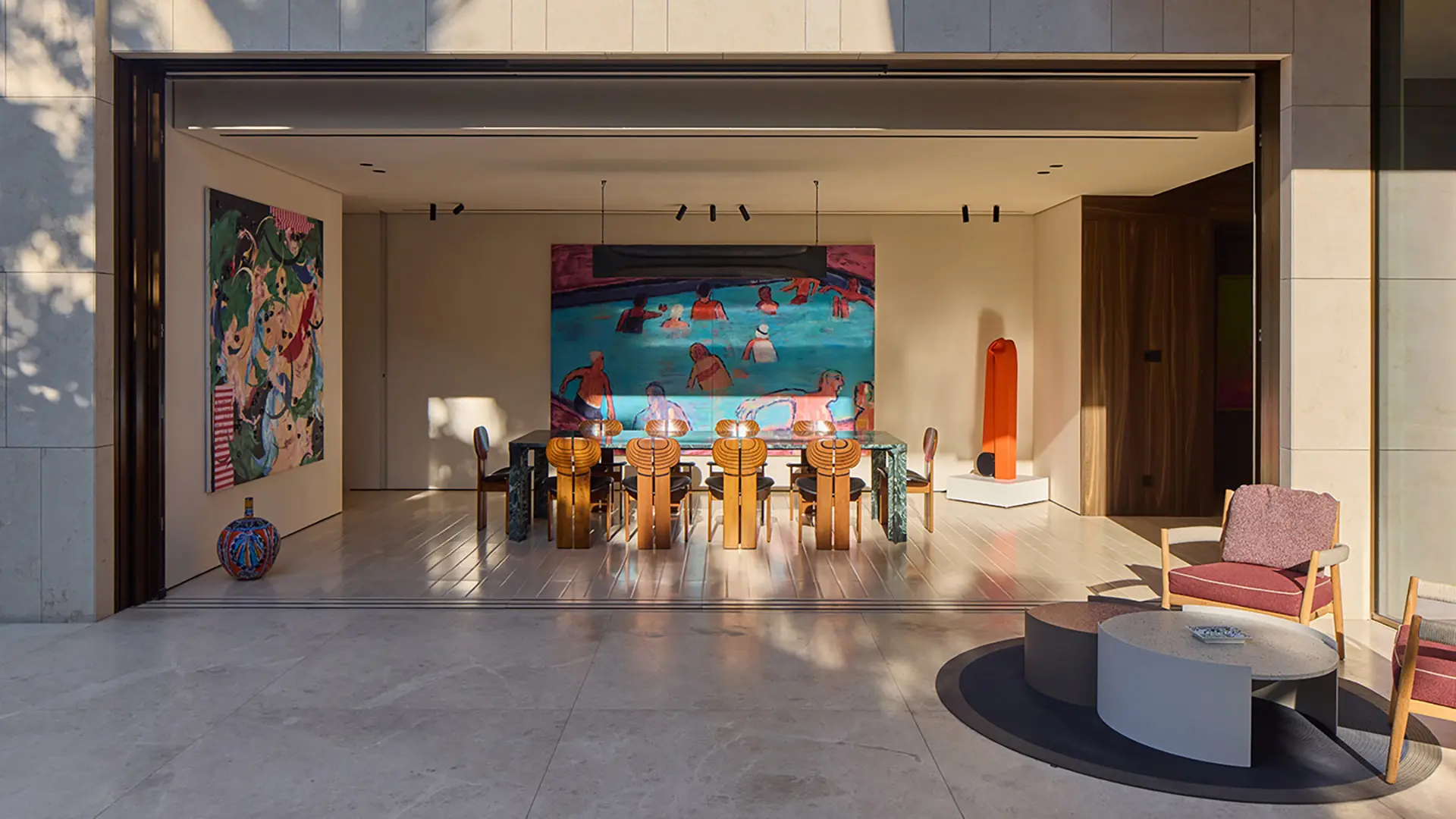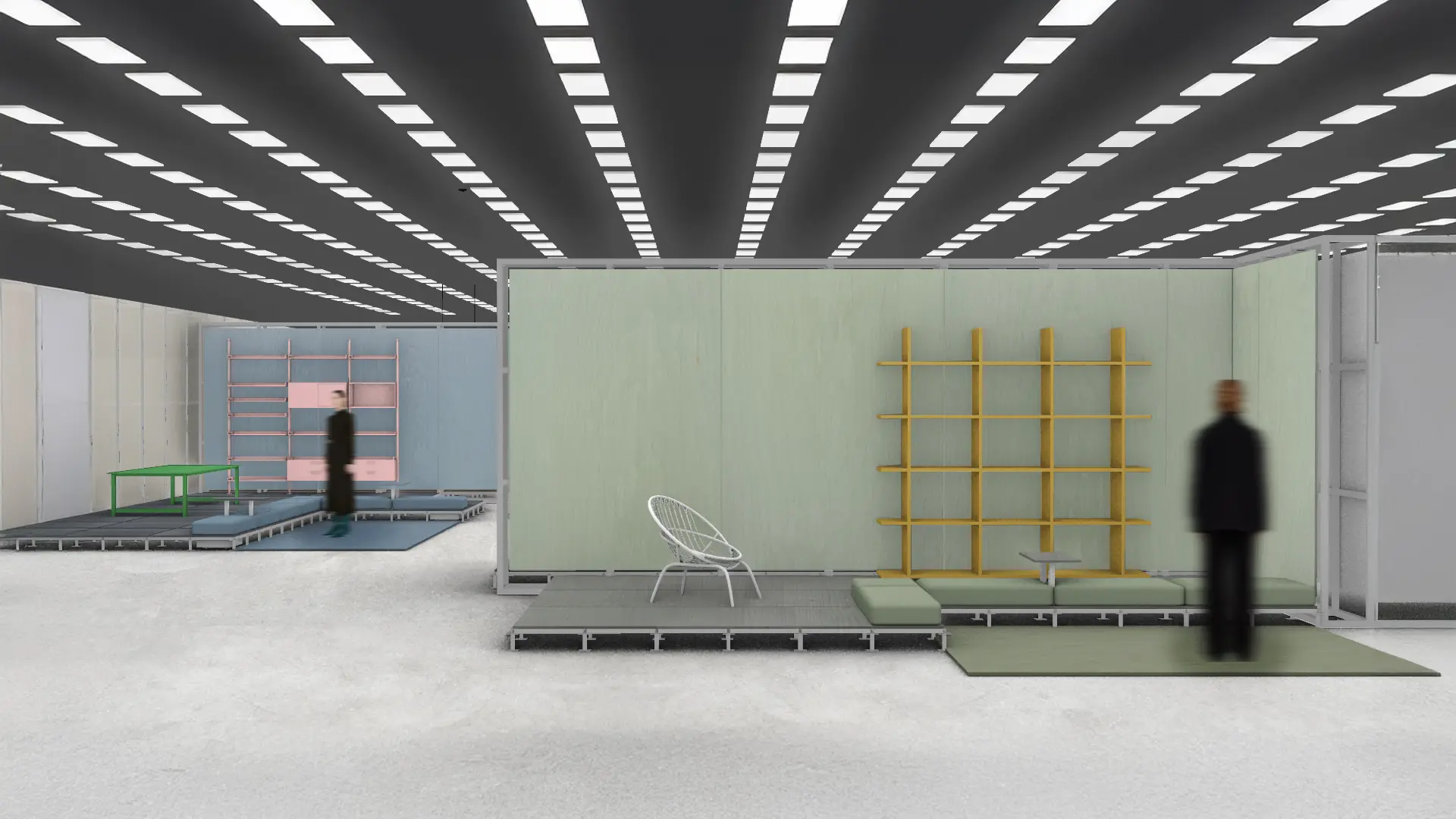Smart and sustainable purchases: how to make the most of the appliance bonus and how to apply. Requirements, amounts and limits to be aware of
Where to stay in Shanghai: designer hotels ripe for discovery
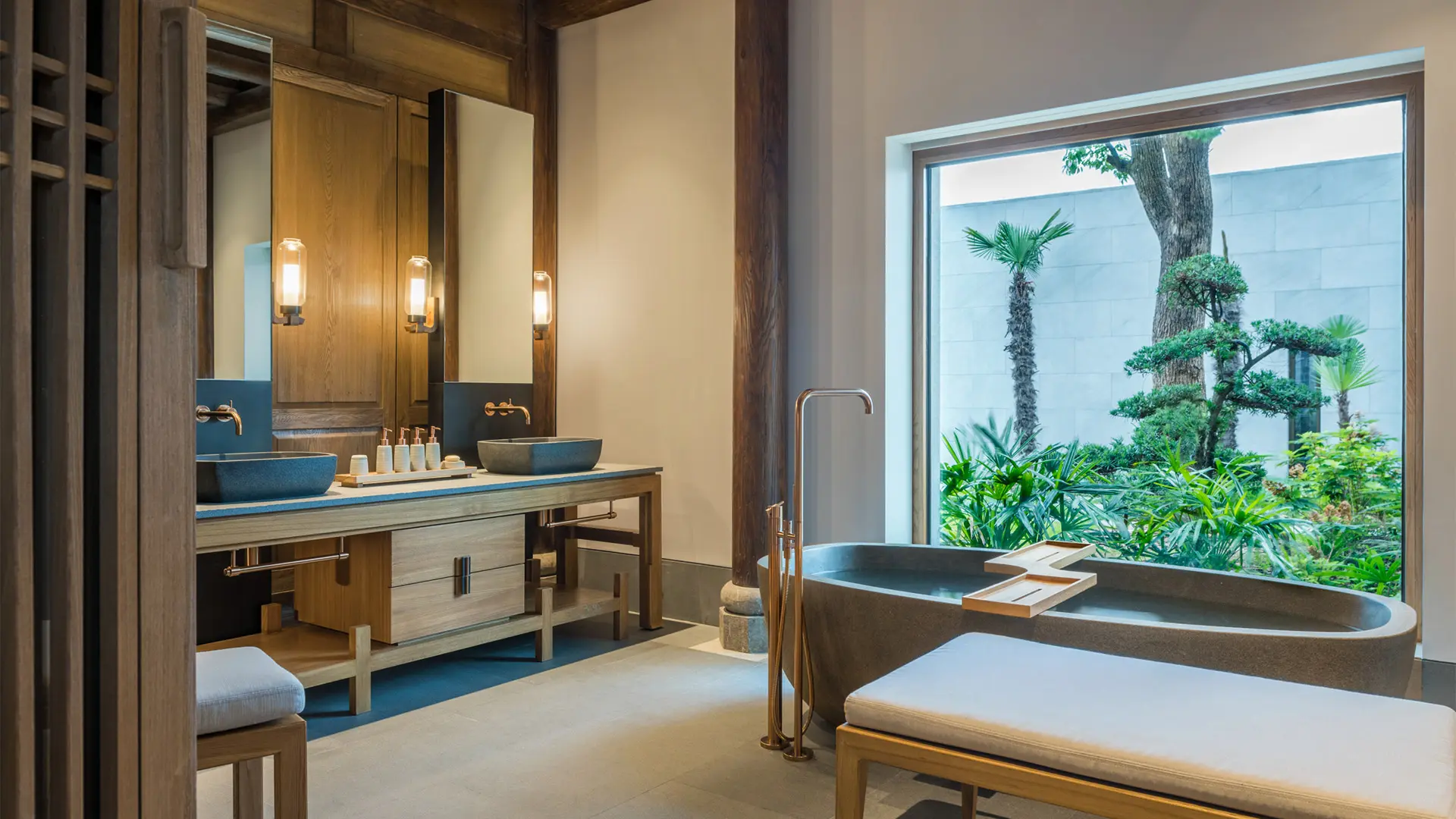
Amanyangyun
A selection of outstanding overnight options in the Chinese metropolis, designed by prominent international figures
Luxury hotels, boutique hotels, capsule hotels, resorts in areas of natural interest: where to stay in Shanghai during a trip to the Chinese metropolis. With hundreds of accommodation options and a significant presence of leading international hotel chains, the city has what it takes to meet the needs of visitors on any sort of budget. Including where to sleep in Shanghai but also to have experiences that would be hard to replicate at other latitudes. Here’s a selection of designer hotels in and around Shanghai, from signature interiors to scrupulously restored historic buildings and a project based on the revival of local techniques and materials.
The Middle House
Equipped with a 2,400 square metre wellness area, also available to guests at its sister residence, The Middle House hotel in Shanghai represents a design solution for those looking for accommodation in the centre of the Chinese metropolis. The structure is located in one of the two towers of the complex designed by the Wong & Ouyang studio; the design of the façade and all the interior spaces was entrusted to Piero Lissoni and Lissoni Casal Ribeiro (a department of Lissoni & Partners). Guests have access to over 110 rooms, a bar, a restaurant, private dining rooms, an event space and the presidential suite. There are 102 apartments in the second tower (including studios, two- and three-room apartments), also by the same team of designers. In addition to the rounded aluminium louvres, common to both towers, the interiors combine echoes of China’s immense artisan heritage (such as the walls with ceramic cladding evocative of bamboo) with openly contemporary furnishings. Generous views over Shanghai can be enjoyed from the hotel's rooms, embellished with works by modern-day artists and Asian-inspired details.
The Shanghai EDITION
Again in the city, more precisely in the Nanjing East Road area of Shanghai, is the hotel that marked the launch of the EDITION brand in the Chinese city. The award-winning studio Neri&Hu (with the Ian Schrager Company) was responsible for the design of the interiors, furnishings and lighting in the rooms and common areas. The project is based around the desire to generate an unprecedented synergy between two existing buildings: one historic, with an Art Deco flavour, erected in the late 1920s for the Shanghai Power Company, the other a more recent construction, in which the functional and business rooms and a selection of guest services are concentrated. The “fusion” of the two towers plays out in the enchanting interiors, conceived as an invitation to immerse oneself in local history – the result is an “indoor itinerary” with no shortage of attractive features, such as the walnut structure encasing the main hall and home to bars and lounges. The hotel also boasts meeting rooms, a spa and a discotheque, and the panoramic terrace on the 29th floor looks out over the Bund and the glittering skyline of Pudong.
The Sukhothai Shanghai
Grey terrazzo slabs accompany the guests' ascent, step by step, along the monumental staircase at the Sukhothai Shanghai, designed by Neri&Hu in the Jing'an District, at a short distance from East Nanjing Road. A Chinese version of the luxury hotel of the same name in Bangkok, this five-star hotel in Shanghai is a distillation of Thai culture incorporated into an existing building. Like the capital of Thailand, Shanghai also qualifies as a dense (and frenetic) Asian metropolis, according to the designers, who thus thought it essential to create a haven where people could reconnect with themselves and nature. Their vision is played out in the choice of materials such as natural stone, wood, brass and silk for the rooms, with their tranquil, welcoming ambiance. Both in the restaurant serving Italian cuisine and in the traditional Thai Urban Café, references to gardens and plants prevail, while the open-air courtyard outside boasts an abundance of seats and furnishings.
WeFlow Hostel Shanghai Hongkou
Capsule hotels aren’t the sole prerogative of Japan. The lively city of Shanghai has its share of this type of facility, such as this informal hostel with its individual wooden “alcoves.”
Amanyangyun
Less than thirty kilometres separate Amanyangyun from the centre of Shanghai. A destination where you can savour the atmosphere of the China of the past, imagining what life was like when the Ming and Qing dynasties were in power. Those seeking a break from the fast pace of the Chinese metropolis will be able to choose between meticulously renovated period residences and newly built suites. In addition to the large spa & wellness centre, the real plus is the surrounding natural landscape, with its lush forest of camphor trees and tranquil shimmering lake, to be explored at leisure.
Som Land Hostel
Conceived by the interior design studio RooMoo, active in the hospitality sector and with experience also in the commercial and residential sectors, Som Land is located on Shanghai’s Chongming Island. Its name comes from a traditional Chinese colour, a warm shade of green evocative of a particular state of relaxation and a low-paced life. Which is precisely what this hostel promises to provide for its guests, with the promise of immersion in the countryside and local handicrafts. The result of the renovation of existing volumes, it has welcoming and timeless interiors in which bamboo, wood, bricks, recovered fabrics and natural fibres contribute to the "resort-style comfort" of the rooms.


 Salone Selection
Salone Selection
